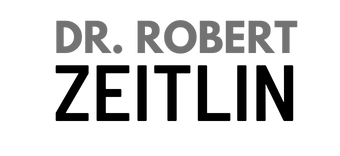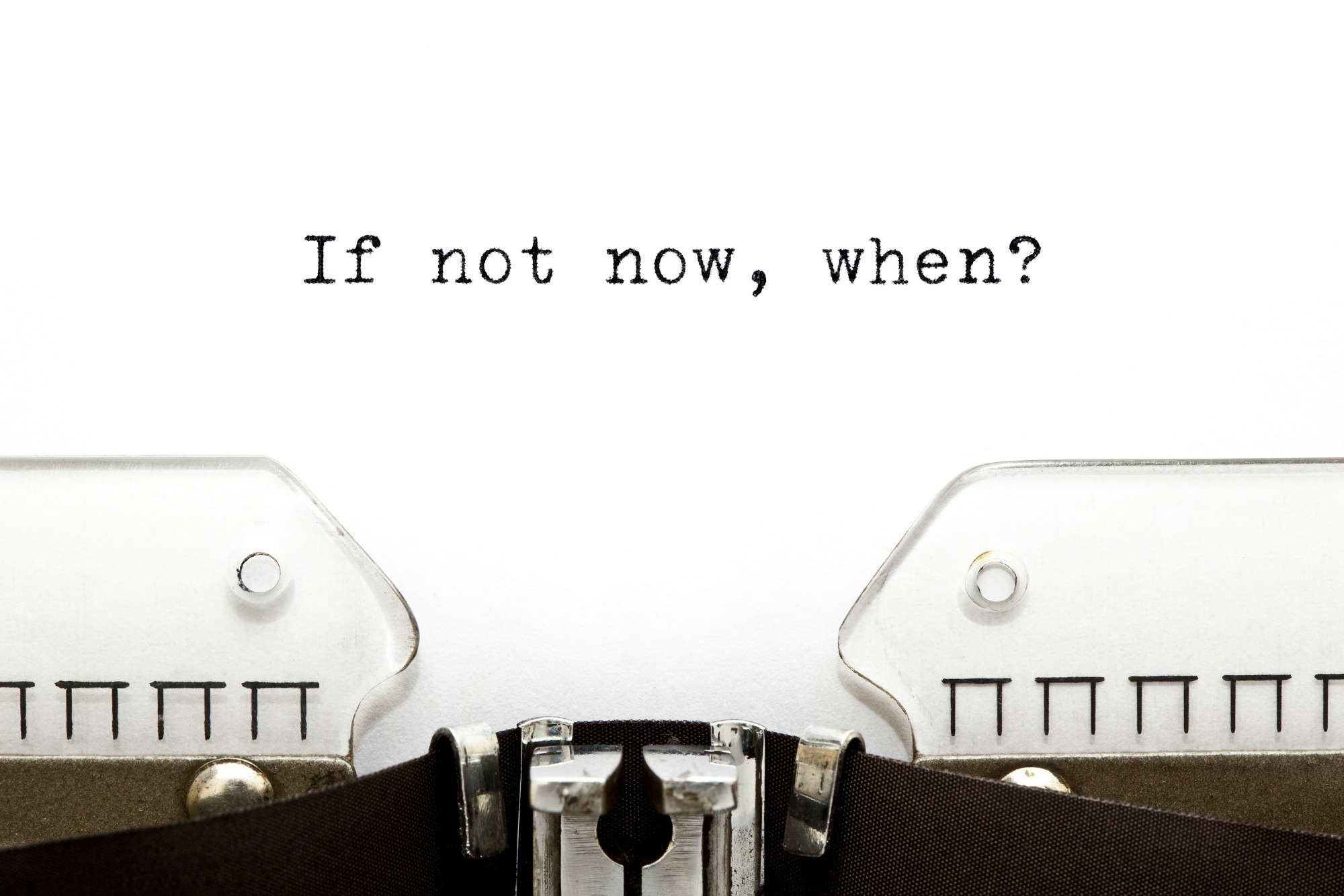Meeting with a group of high school students, the conversation turned to fathers. One boy, about to go off to college, couldn’t stop talking about how angry he was with his father. He didn’t listen. He would spend the short time they had together telling him what to do. He had already made his choice but he still kept pushing him to apply to the college he went to. All of a sudden, this set off the student next to me. His dad was boycotting the event because he had broken curfew last weekend. He knew that his dad was scared to come and he called his excuse “lazy parenting.” When I saw him at the end of the evening, this gregarious young man was wearing a blank expression. His eyes looked tired. He was clearly upset, angry, and shut-down. He was holding onto hope that his father would show up.
This sounds like a session on parents-teen relationships but it wasn’t. We were scheduled to talk about changing identity and figuring out who you are as a young adult. It should have gone one way but it didn’t. Why did the presence or absence of dads overtake every topic we tried to talk about?
Fatherhood is next. The conversation is turning to dads. Mothers have been retooling for several decades. Two-income families are more normal every day. Now at a crossroads, many mothers are striking a difficult balance between work and home life. Fathers are challenged to adapt. Some dads are making big sacrifices. But what are the expectations? How would your spouse rate you on pulling your weight? How would your kids describe their relationships with you?
We know how important mothers are to children’s development. The physical and emotional bonds are well-researched. The security that emerges from healthy attachment with one’s mother can shape a child’s life. How important are fathers? When I look around at my kids’ friends, I see the impact of active or absent fathers. But little is known about why. Fatherhood has been static, on the surface, but a lot is changing underneath. Expectations are changing for spouses because of the shift in motherhood. Fathers are being asked to branch out beyond the historic roles of disciplinarian and family rule-maker. Physical chores and household responsibilities are just the tip of the iceberg. Listening skills, guidance for emotional kids, monitoring technology, and managing relationships are skill sets that our own fathers didn’t often display.
Charting a new course for fathering in the 21st century is even harder without useful models from prior generations. Fathers are invited to join us on Thursday, April 24th, 2014 to share their insights and to learn how others are navigating. DM me for details.


0 Comments